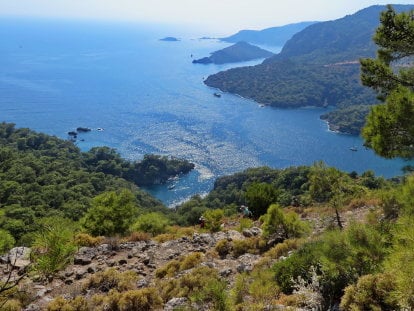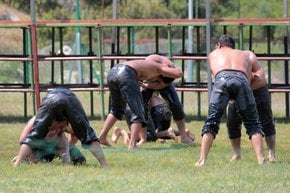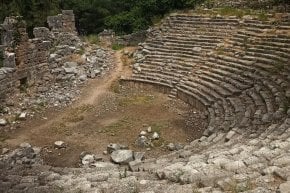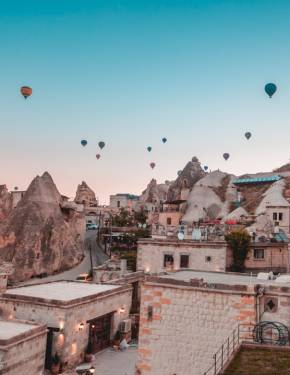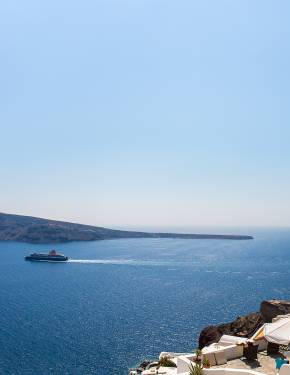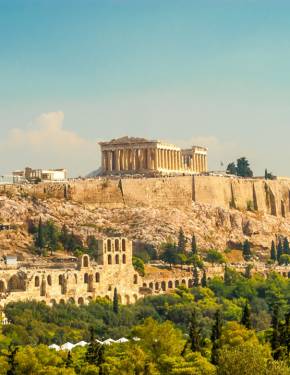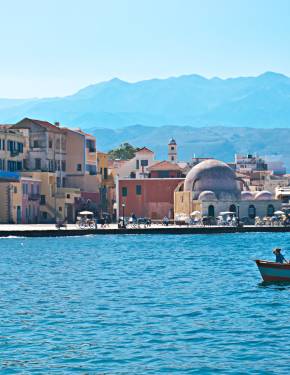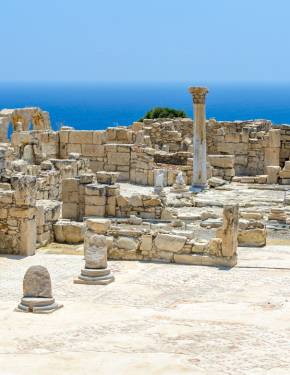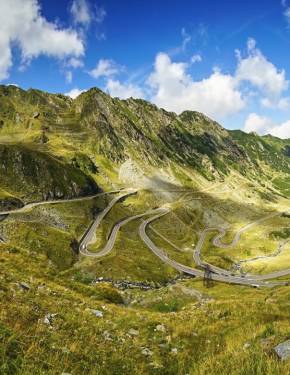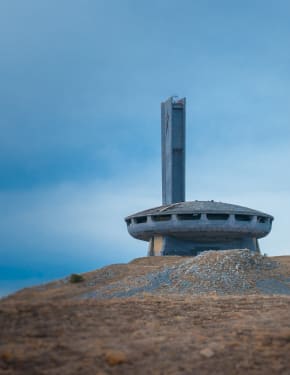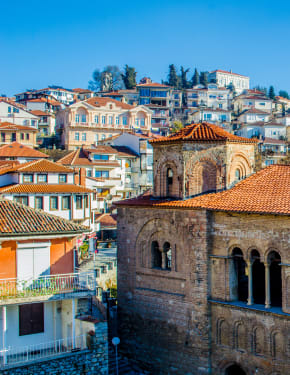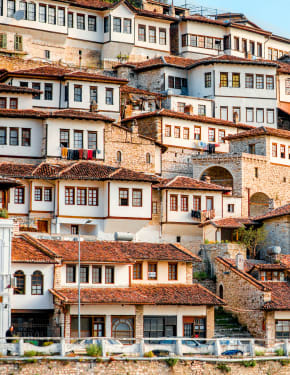Lycian Way Hike (Likya Yolu) in Turkey 2026
Experience a journey through time and stunning landscapes, where ancient history meets breathtaking natural beauty
Best time: February–May | September–October
The Lycian Way, locally called Likya Yolu, is a renowned long-distance hiking trail along the southern coast of Turkey, stretching for approximately 509 kilometers from Fethiye to Antalya. Known for its breathtaking landscapes, ancient ruins, and cultural attractions, the route offers a unique combination of nature, history, and adventure. Designed by Kate Clow and Terry Richardson, this coastal path attracts hikers from around the world. According to The Sunday Times, the Lycian Way ranks among the top ten most beautiful hikes globally.
Key Highlights and Activities
Hikers on the Lycian Way can expect a blend of stunning natural views and historical sites. The route passes through picturesque towns like Patara, Kalkan, and Kas, as well as ancient ruins such as Myra and Olympos. The landscape varies from rugged coastlines and turquoise waters to mountainous terrain, offering diverse hiking experiences. One of the main draws is the opportunity to explore ancient Lycia’s cultural heritage, with ruins and archaeological sites scattered along the trail. For nature lovers, the trail’s coastal cliffs, serene beaches, and lush pine forests offer unforgettable scenery.
In addition to hiking, visitors can take advantage of the many small guesthouses and pensions in the towns along the route. This provides a chance to experience Turkish hospitality, sample local cuisine, and interact with friendly locals. It is also possible to camp in designated areas along the trail, making it a versatile experience for both casual and experienced hikers.
Best Time to Hike and Trail Conditions
The Lycian Way is open year-round, but the best times to hike are during the spring (February-May) and autumn (September-November). During these months, temperatures are mild, making the trail more accessible. While summer is not ideal due to extreme heat, particularly in lower elevations, some short, shady sections of the trail may still be hiked. The route becomes more difficult as you progress from Fethiye toward Antalya, with numerous ascents and descents. Therefore, hikers should be in good physical condition, especially as the terrain can be rocky and uneven.
For those with limited time, the Lycian Way can be broken into smaller sections. While the entire trail takes around 27-30 days to complete, hikers can choose shorter portions, such as a 5-day stretch from Fethiye to Kas, which still provides an immersive experience of the trail's scenic and historical wonders.
Accommodation and Amenities
Accommodation options along the Lycian Way vary depending on the location. In towns such as Fethiye, Patara, and Kas, hikers can find guesthouses, pensions, and small hotels. In more remote areas, staying in village houses or camping may be necessary. Camping is generally allowed along the route, and there are specific spots with nearby water sources. However, it is recommended to inquire about restrictions, especially during the dry season when forest fires pose a risk. The Lycian Way can be hiked without camping by bypassing certain stretches or staying in guesthouses where available.
In terms of food, Turkish cuisine is highly praised, and many hikers rave about the local dishes served along the route. Turkish hospitality is also a major highlight, with locals often going out of their way to assist visitors.
Logistics and Accessibility
The Lycian Way is relatively accessible, with transportation options at various points along the trail. The nearest airport to the western starting point in Fethiye is Dalaman Airport, while the eastern end near Antalya is served by Antalya Airport. Both airports are well-connected to major Turkish cities, and buses or taxis can be used to reach the trailheads.
For those exploring shorter sections, towns like Kas, Kalkan, and Demre have good public transportation links. The local "dolmuş" minivans are a common mode of transport, offering frequent and affordable service between towns. Hikers can also easily arrange rides through guesthouses or hitchhike, a common and accepted practice in rural Turkey.
Potential Dangers
Hiking the Lycian Way in southern Turkey presents several potential dangers, although most can be avoided with proper precautions. The most serious risk is running out of drinking water, especially in remote stretches where sources may be scarce or dry. Twisted ankles and other minor injuries from rugged terrain are common, but easily managed with care and planning. Wildlife threats are minimal, though hikers should watch for scorpions and be cautious around dogs protecting livestock. Crime is rare along the trail, and hitch-hiking is generally safe. Staying vigilant and prepared will help ensure a safe and enjoyable journey.
Tips
When packing for the Lycian Way, sturdy hiking boots with ankle support are essential due to the rocky terrain. Hiking poles can help with balance on steep sections, easing strain on knees and back. Layered clothing is recommended, as temperatures can drop in the mountains even during summer.
Other essential tips include bringing a lightweight rope to access water from deep cisterns and a water filtration system for safety. Planning for water is critical—check the notes for each section to ensure you carry enough for stretches with limited access. Trail food such as bread, cheese, fresh fruits, and nuts are widely available, and many local pensions can provide packed lunches for hikers. For managing costs, carry small denominations of cash, as credit cards may not be accepted in remote areas, and prices tend to rise the higher up the mountain you go.
The Lycian Way Ultra Marathon (postponed to 2025)
The Lycian Way Ultra Marathon is a challenging, multi-stage footrace. Known for its rugged terrain and scenic landscapes, the marathon attracts elite runners from around the world who navigate rocky paths, steep ascents, and hot, dry conditions. The race typically spans several days, testing participants' endurance, strength, and mental resilience. Despite the challenges, the marathon offers a unique and rewarding adventure for ultra-distance enthusiasts.
However, the Uzunetap team has decided to take a short break for 2024 and postpone the race to 2025. The team is currently developing a new program that will combine sports, culture, and art, aiming to provide a rich and fulfilling experience for all participants.
History of the Lycian Way
The Lycian Way is named after the ancient region of Lycia, which was an important maritime and trading center in antiquity. The route was created by British ex-pat Kate Clow in the late 1990s to revive interest in Turkey’s historical and cultural heritage. By connecting ancient paths and mule trails, Clow and her team established a waymarked footpath that would allow hikers to explore the rich history of the Lycian civilization while enjoying the natural beauty of the Turkish coastline.
Over the years, the Lycian Way has gained international recognition as a premier long-distance hiking trail, known for its historical significance, scenic landscapes, and challenging terrain. The route has also evolved, with additional waymarked paths and variations being developed to accommodate different hiking styles and preferences.

